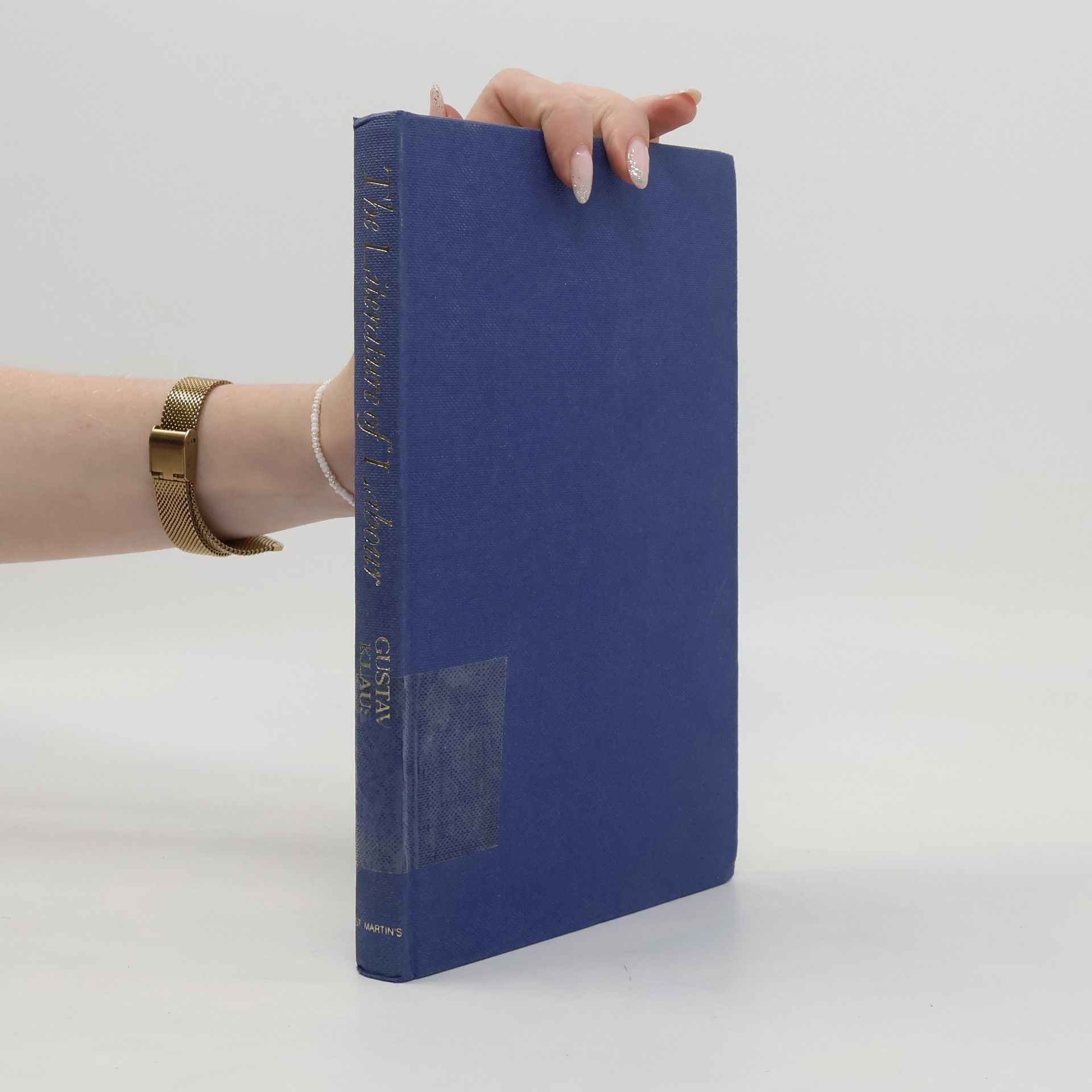Usual library labels and stamps. Jacket faded and worn, cover edgworn and corners slightly bumped, but all contents clean, tight and bright.
H. Gustav Klaus Livres




Usual library labels and stamps. Jacket faded and worn, cover edgworn and corners slightly bumped, but all contents clean, tight and bright.